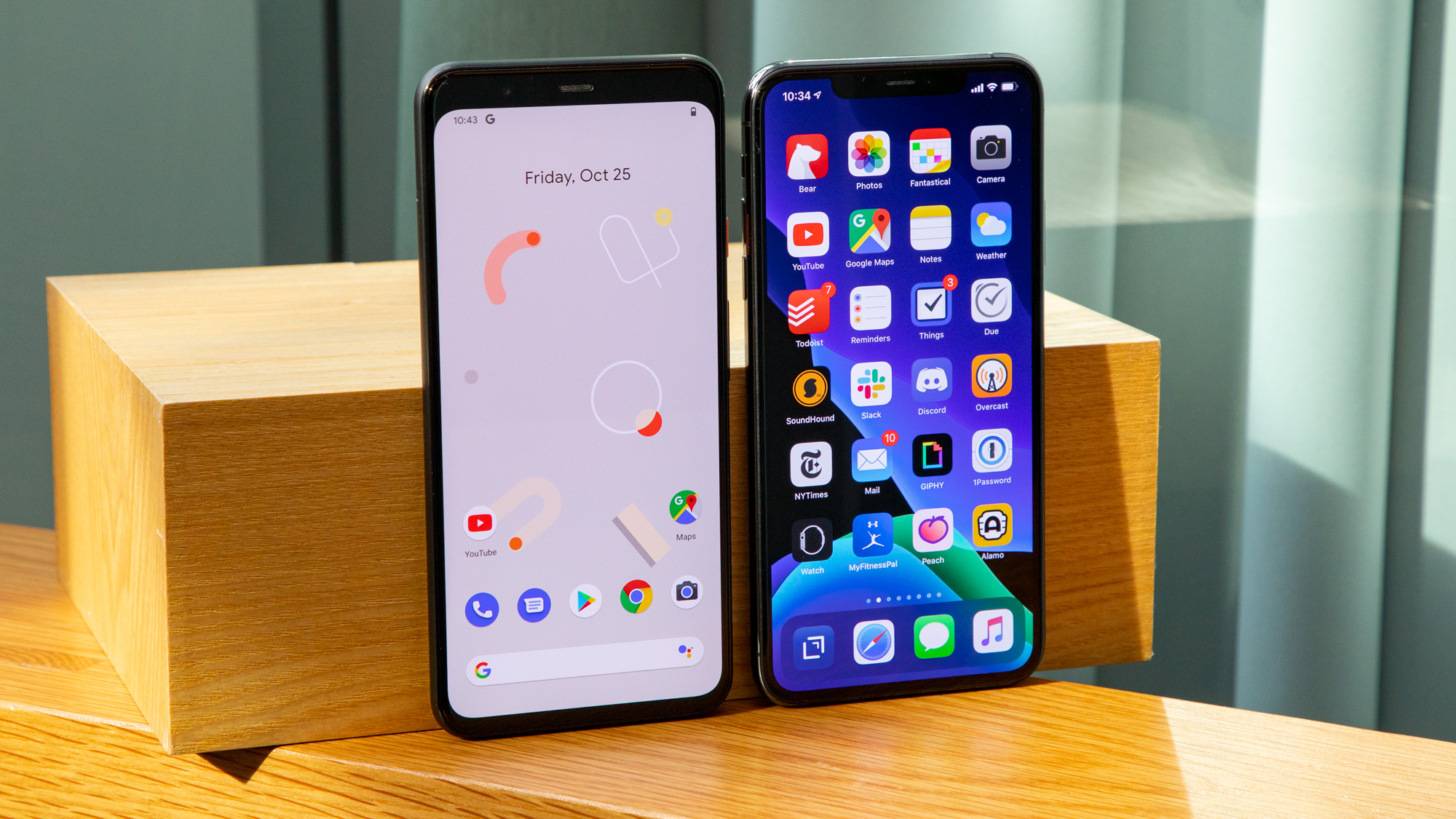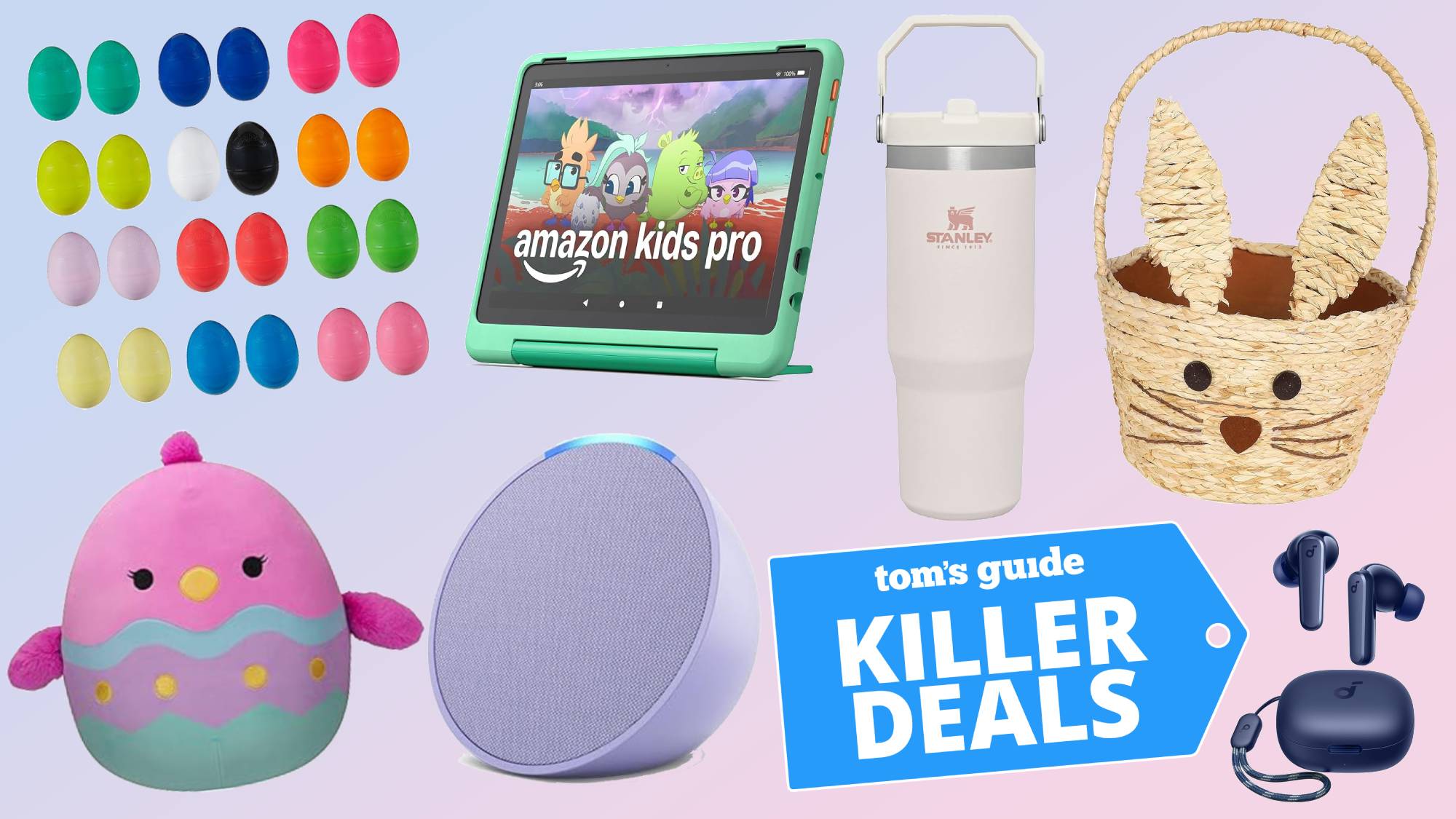Apple and Google coronavirus contact tracing: Everything you need to know
Apple and Google are launching location-based tools to slow the spread of COVID-19.

Apple and Google are officially partnering up to provide a contact-tracing solution to help slow the coronavirus spread using smartphone Bluetooth technology.
The objective, announced in joint blog posts last week, is to warn people if they've been in contact with someone who's tested positive for COVID-19.
When those individuals' smartphones are within a few feet of each other, the proposed system records the interaction and can notify users when they've been exposed to another user who later tested positive for coronavirus.
- The best video chat apps right now
- Where to buy Clorox wipes: These retailers have stock
- Latest: OnePlus 8 Pro prices, specs leaked before launch
Both Apple and Google plan to push the tracing system onto the iOS and Android operating systems, raising a number of questions and concerns surrounding the initiative.
Some lawmakers, such Sens. Kamala Harris and Bob Menendez, fear the rise of a location-based surveillance state. Medical professionals are skeptical about people submitting false test results and undermining the system's purpose.
In a proactive effort to show transparency, yesterday (April 13) Apple and Google had journalists call in and ask questions about how the contact-tracing strategy works, when the system will be implemented and whether the current privacy concerns are justified.
Here's everything you need to know about Apple and Google using contact tracing to control the spread of coronavirus.
Sign up to get the BEST of Tom's Guide direct to your inbox.
Get instant access to breaking news, the hottest reviews, great deals and helpful tips.
How does Apple's and Google's contact tracing work?
Apple and Google's contact-tracing system will work using Bluetooth rather than GPS as early rumors of this initiative suggested. According to Bloomberg, the tech giants said the system can record when different smartphone users are within a couple of feet of each other for up to 10 minutes.
The companies also said current Bluetooth technology can detect devices from up to 15 feet away, which is a larger social distancing range than the CDC's recommended 6 feet but is helpful for more crowded locales like supermarkets.
Apple and Google intend to build the contact-tracing technology into their mobile operating systems (iOS and Android), tying the capabilities into apps from public health authorities. These apps will be used to verify positive test result submissions and deploy alerts directly through authorized health agencies.
In other words, users do not need to download additional apps for contact tracing to work, but key functionality will require users to download certain public health apps.
What personal information is shared for contact tracing?
According to The Verge, Apple and Google’s contact tracing system is "cleverly designed to maximize individual privacy."
It doesn't save your location data and does not share your personal medical records. One smartphone's proximity to other smartphones is the only information that Apple and Google will use for contact tracing.
Still, people are concerned that big tech's collaboration at this time will lead to irreversible privacy violations down the line. But as The Verge points out, we're in the middle of a pandemic and it's fair to trust that Apple and Google will protect our personal health information.
Can I opt out of contact tracing?
Yes. If you'd rather not have your smartphone used for contact tracing, you can opt out. When updates arrive to your iPhone or Android's operating system, simply avoid installing them.
That said, OS updates usually have security patches or other useful upgrades. We don't advise waiting to upgrade, but you're entitled to hold off if you're concerned about contact tracing.
You could presumably deactivate the contact tracing if you just left Bluetooth turned off on your phone. But it's possible that Apple or Google might be using features inaccessible to the user.
When will contact tracing start for iOS and Android?
Contact tracing for iOS and Android will begin to roll out in mid-May, according to Bloomberg. The companies are working first on letting iPhones and Android phones "wirelessly exchange anonymous information" using authorized public health apps.
Then, in later months, Apple and Google plan to push the contact-tracing system directly to operating systems. It's easier to suggest people to update their OS than expect them to download yet another app to their device.
How does contact tracing work for people who don't have iOS or Android smartphones?
It doesn't. In its analysis of the phone call with Apple and Google, CNET highlighted how the contact tracing system excludes those who don't have iOS or Android smartphones.
While the two operating systems are among the most popular phone platforms in the world, the ACLU has warned "people who need the contact tracing notifications about COVID-19 positive cases the most may not have access" to either platform.
When will contact tracing end?
According to The Verge, Apple and Google promised their contact-tracing system would be dismantled "when it becomes appropriate."
When asked whether the system could be used for targeted advertising or shared with non-governmental organizations, both companies said no.
Kate Kozuch is the managing editor of social and video at Tom’s Guide. She writes about smartwatches, TVs, audio devices, and some cooking appliances, too. Kate appears on Fox News to talk tech trends and runs the Tom's Guide TikTok account, which you should be following if you don't already. When she’s not filming tech videos, you can find her taking up a new sport, mastering the NYT Crossword or channeling her inner celebrity chef.

